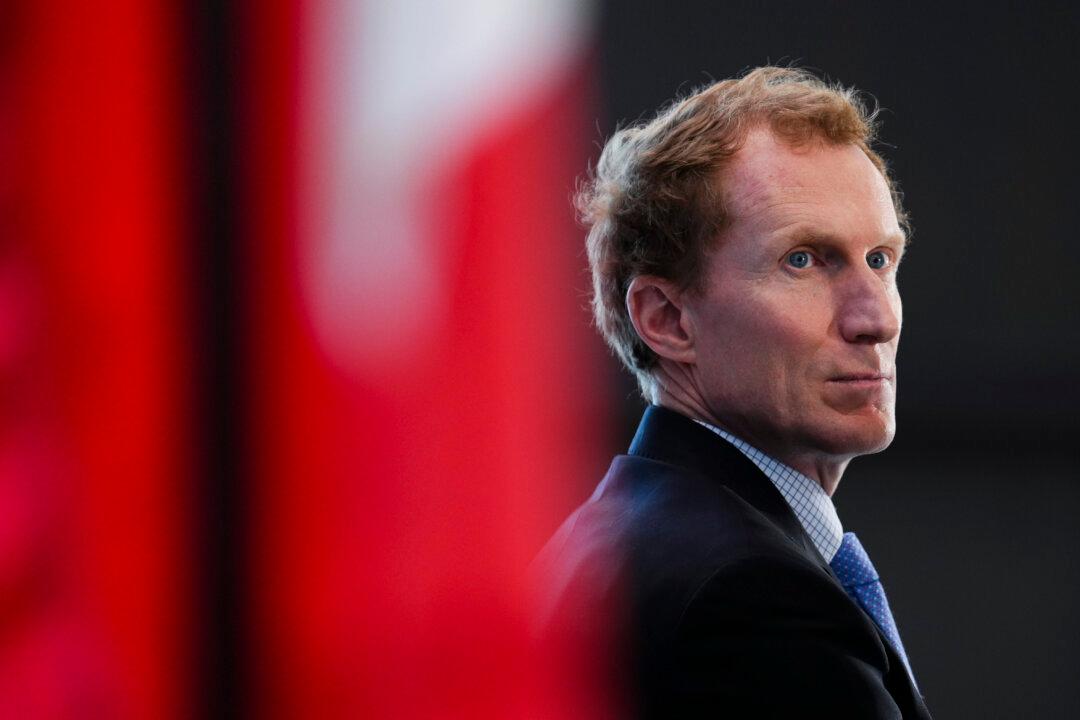The federal government and the B.C. provincial government have settled treaty land claims with five First Nation groups in the province, saying that the Crown has owed the money for over a century.
Federal Crown-Indigenous Relations Minister Marc Miller said at an April 15 press conference in Vancouver that Ottawa will provide $800 million as compensation under the settlement agreements.





